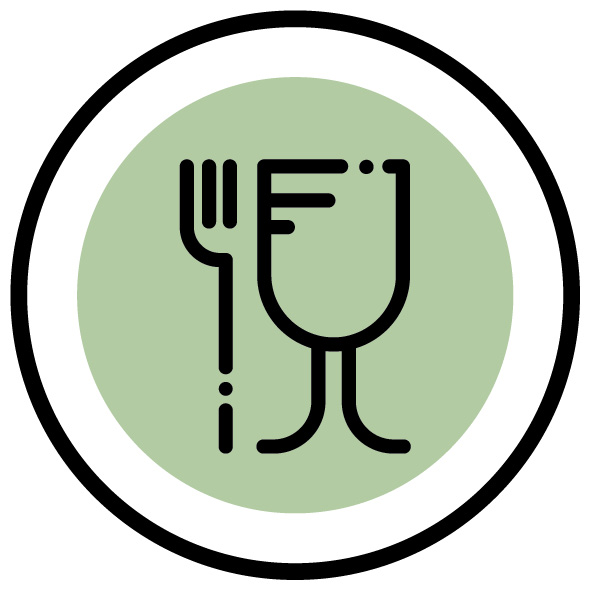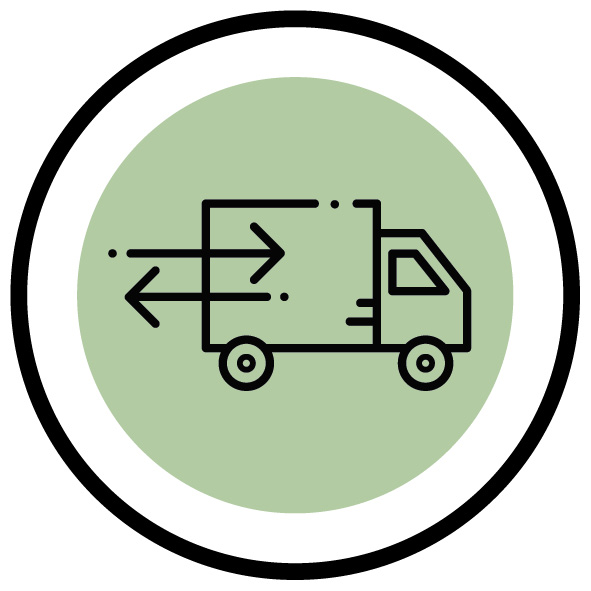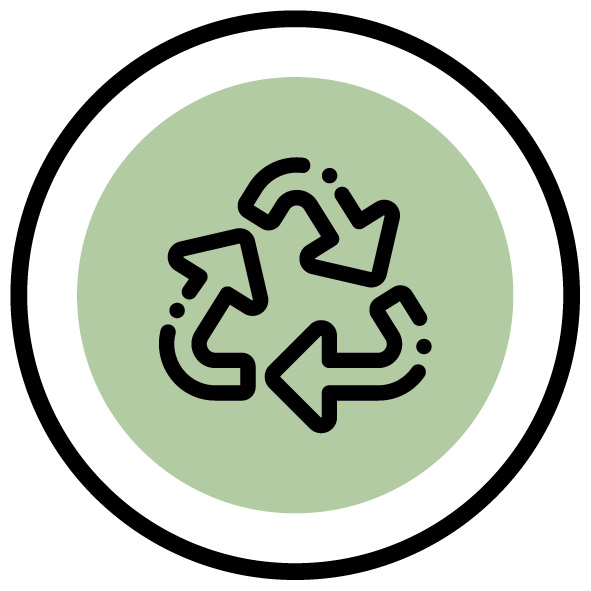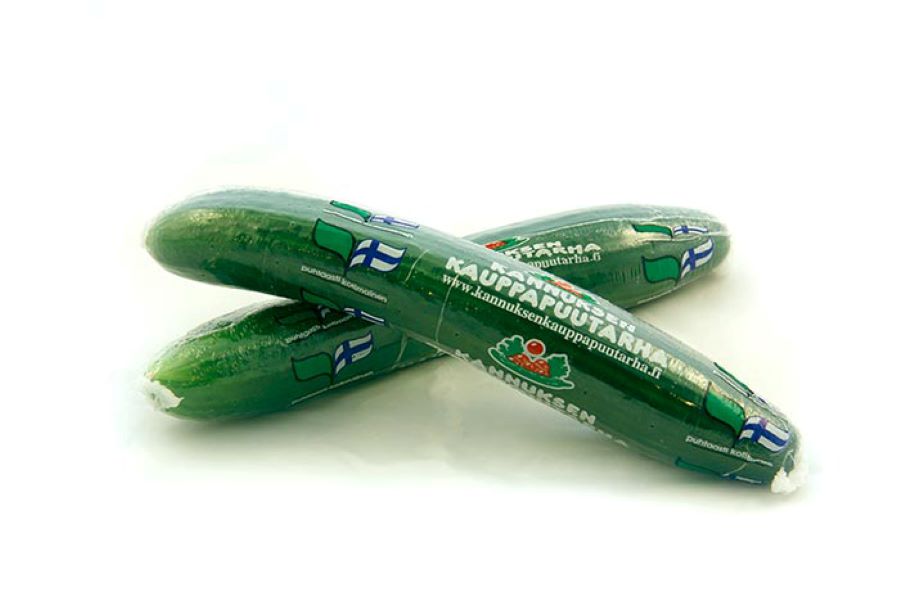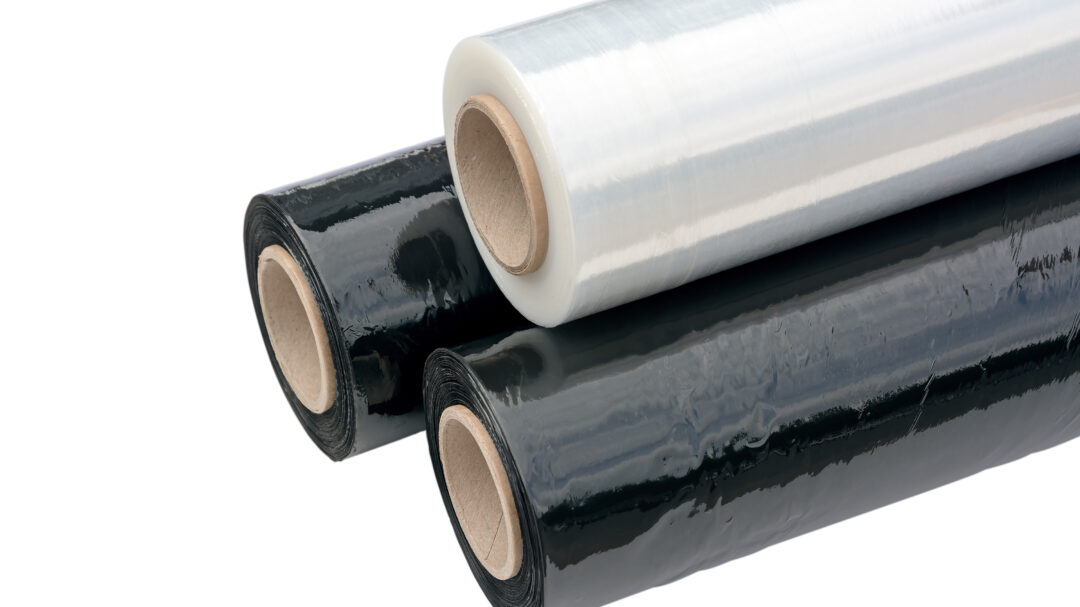Plastic packaging does more than keep our food fresh on the shelves. Even though the world’s plastic production reached 388 million tons in 2019 and the use of plastic has increased rapidly since 1960, it has become an essential part of our everyday life. In everything including communications, construction, medicine, food and beverage and the farming industry, it has become invaluable due to its unique combination of light weight, durability, protective and other intrinsic properties.
Did you know?

388 millions tons of plastic produced in 2019 globally.

Only 4-5% of the annual oil production in the world is used to produce plastic.
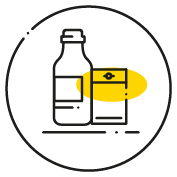
Europe contributes 16% of annual production and uses 57,9 million tons of plastics annually.
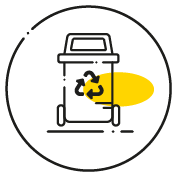
Over 9,4 million tons of plastic waste were collected for recycling in Europe in 2019.
Source: Plastic Europe, Plastic – The Facts 2020
Plastic is mainly a bi-product of various fossil fuels and its production requires low levels of energy and water. Plastic packaging is more flexible and lighter than other alternatives such as glass or cardboard and reduces transportation costs and the carbon footprint attributed to it.


